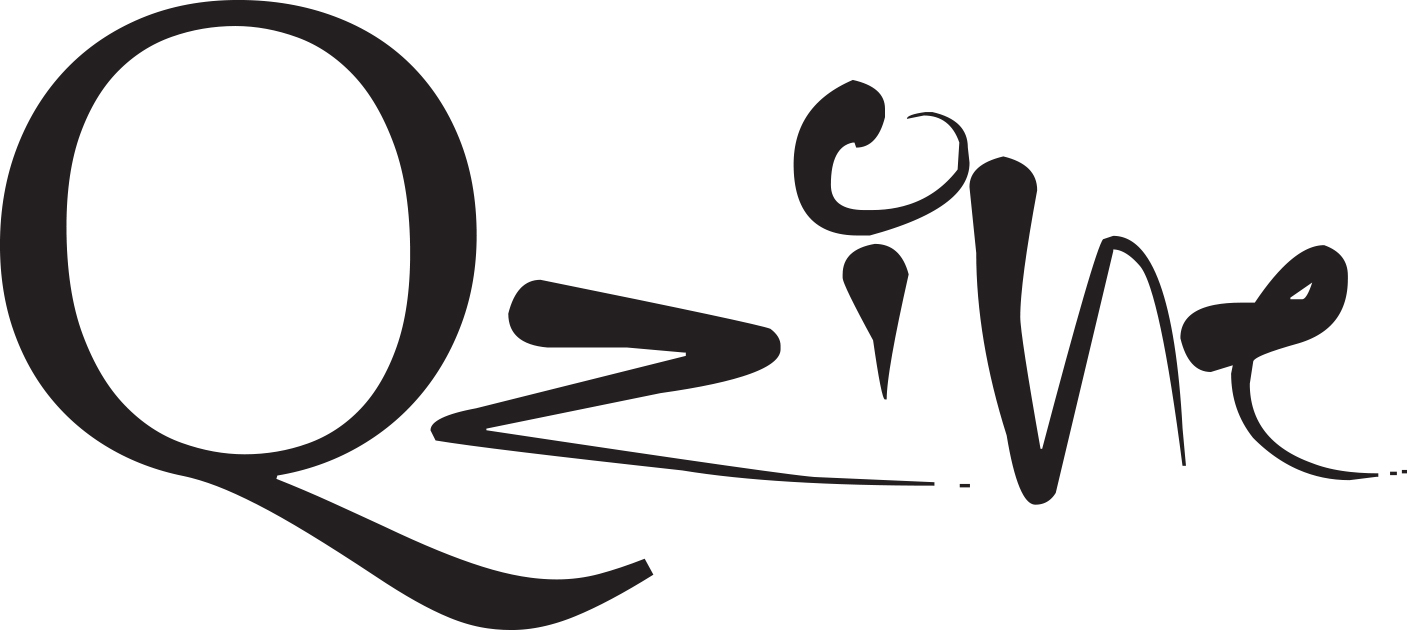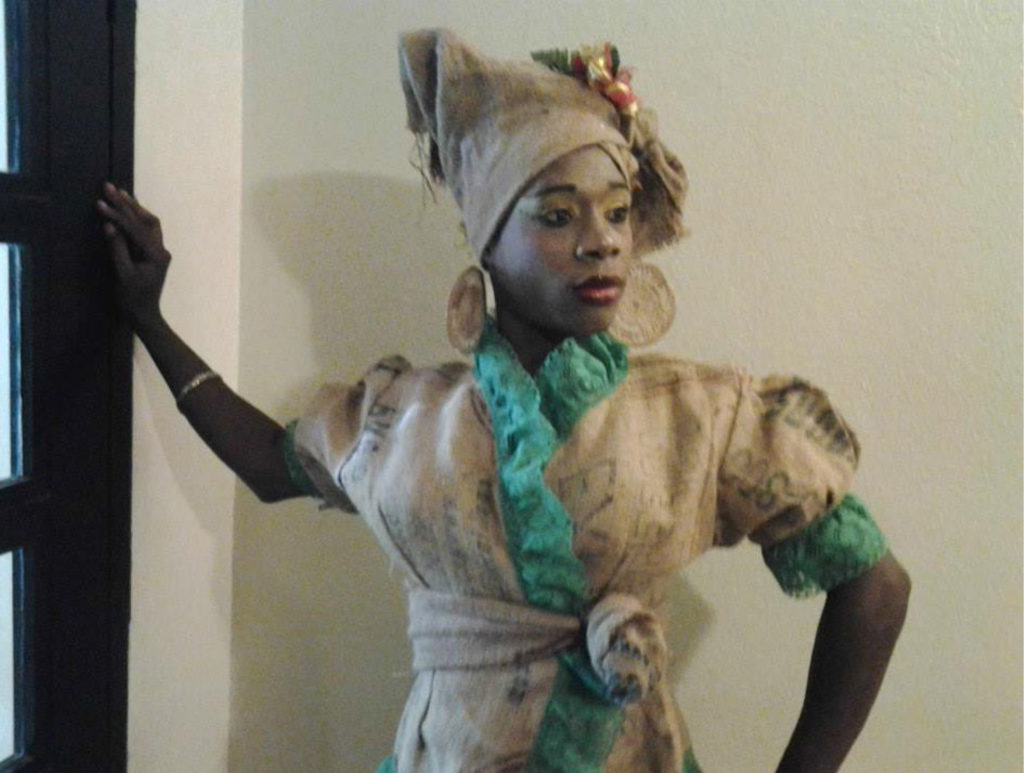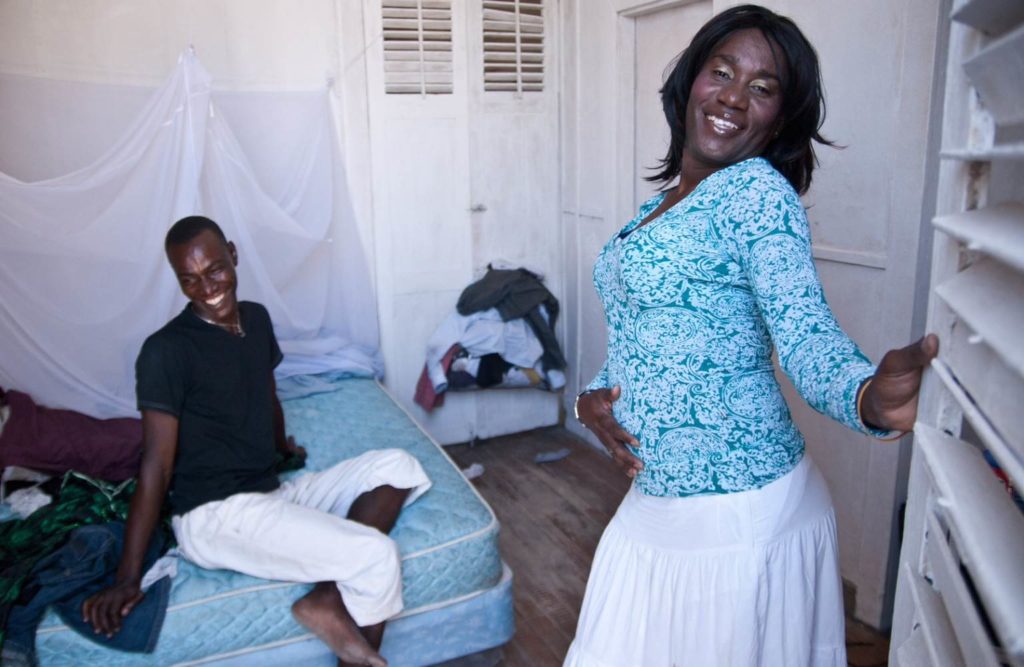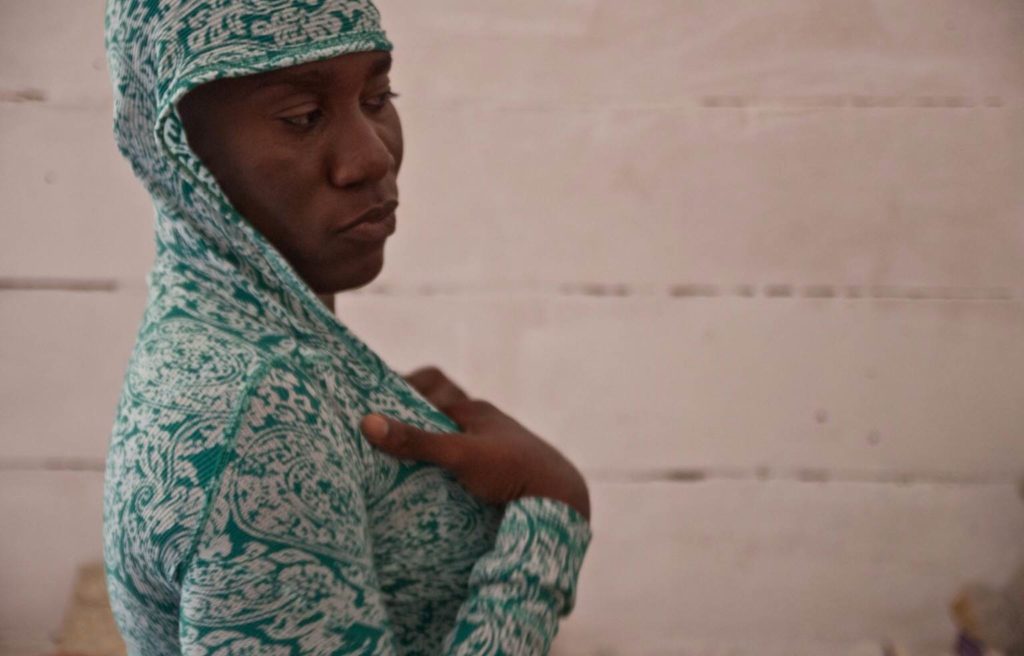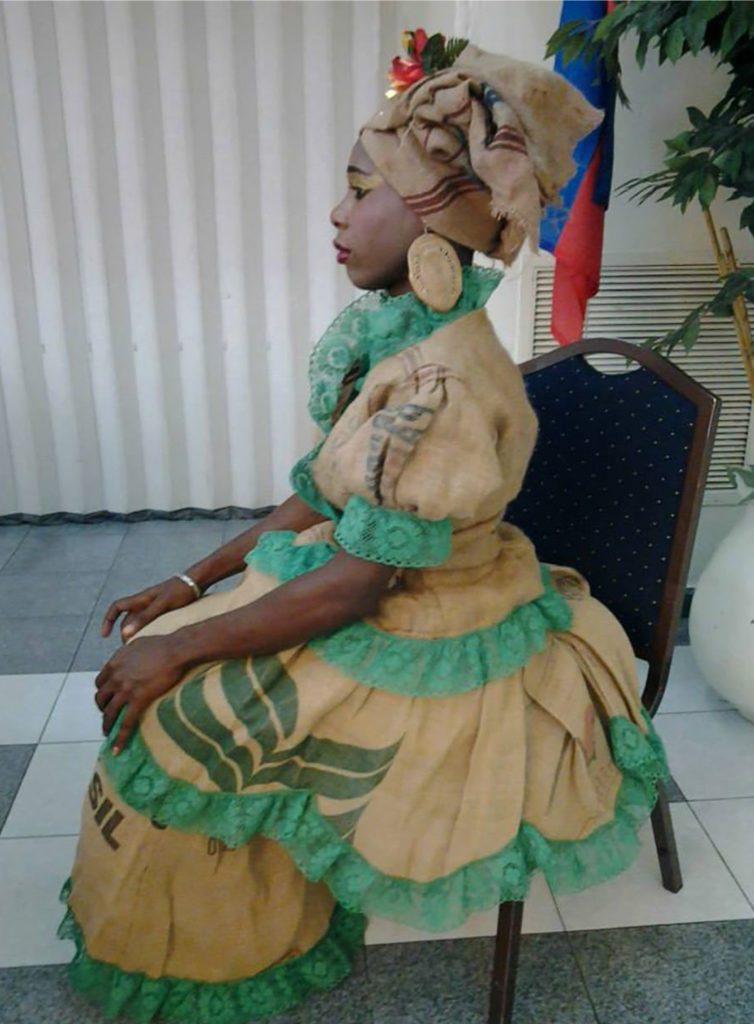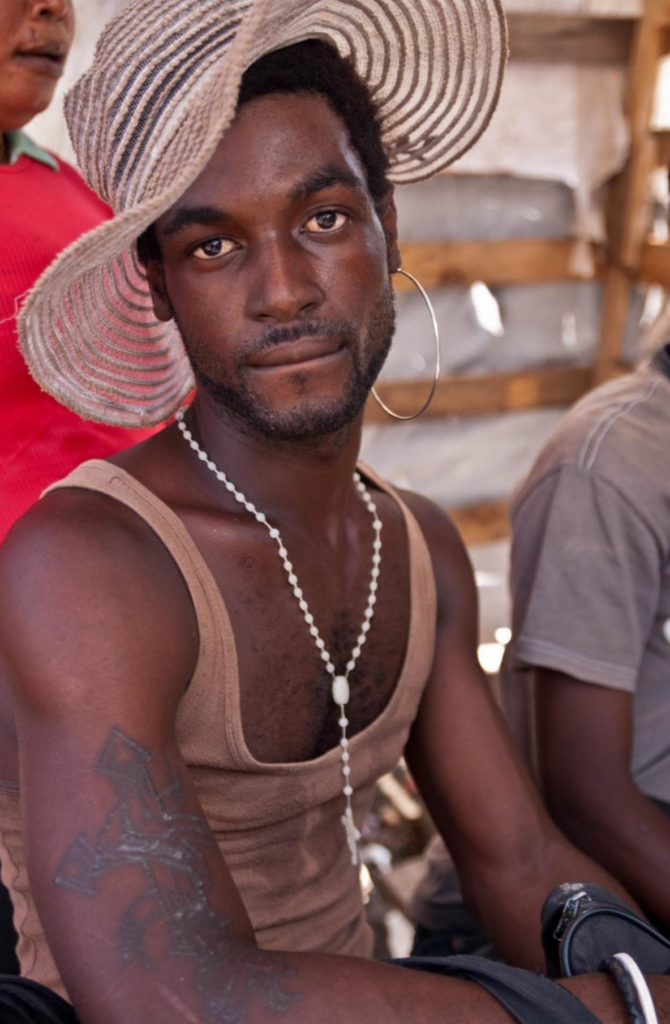Des lieux inattendus
De Brogan Luke Geurts. Traduit de l’anglais par Alice Vrinat. Photo de Mariam Armisen
Je suis entré dans le bureau un après-midi après le déjeuner, comme n’importe quel autre jour, un peu fatigué et stressé en pensant à ce que je devais finir pendant les prochaines heures. Alors que j’entrai dans la plus petite pièce que la plupart d’entre nous partagions, j’ai entendu une de mes collègues raconter aux autres ce qui était clairement une histoire intéressante.
Elle avait participé récemment à une autre formation sur la gestion de données. Curieusement, pendant la formation, la discussion en est venue aux droits des LGBT, reconnaissant qu’ils étaient souvent oubliés, ce qui sembla être une révélation pour elle. Au cours de la discussion, elle partagea son sentiment personnel sur la question, qu’elle nous répéta en ces termes: “Personnellement, cela n’est pas compatible avec ma religion, mais ce sont des êtres humains et ils ont des droits en tant que tels et nous devrions donc les protéger.” Ils devraient pouvoir vivre librement, sainement et dignement.
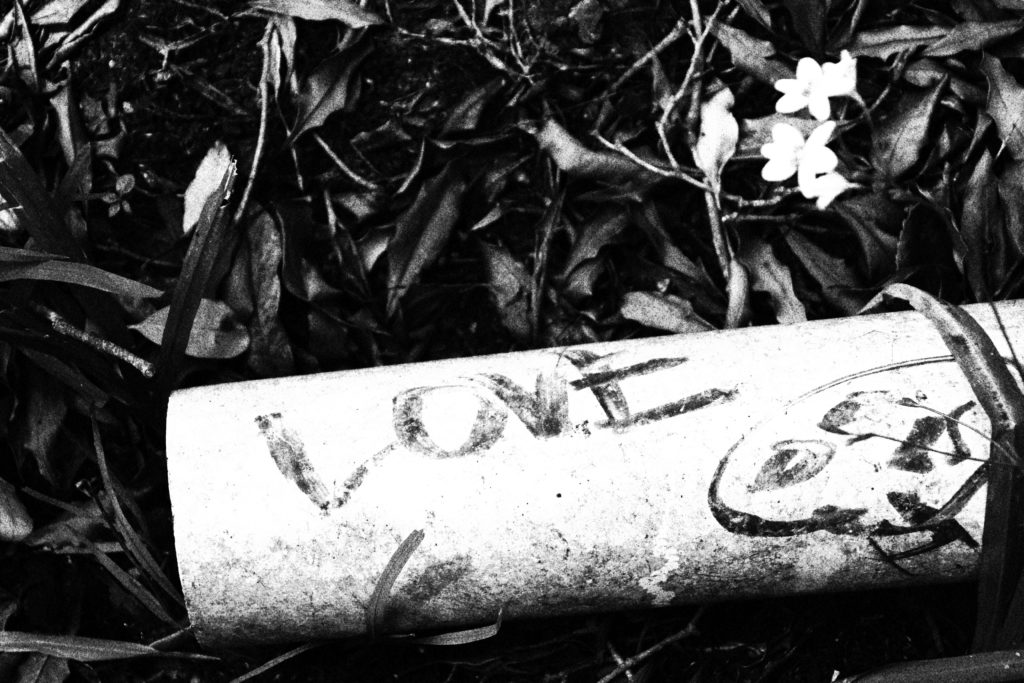
A ce moment-là, cela faisait quatre mois que j’avais commencé un nouveau stage dans une organisation kenyane travaillant avec les consommateurs de drogues et les prisonniers. Je n’avais fait mon coming out qu’auprès d’amis vivant dans des pays lointains.
Au fil de la conversation, elle se querella un peu avec nos collègues (hommes et femmes), y compris avec la personne qui était également présente à la formation. Mais elle continua à exprimer sa position en quelque sorte positive. Bien qu’il fût prévu que la discussion se poursuive sur les questions de religion et de « moralité » mais ça s’est concentrée uniquement sur les droits humains.
C’était une femme que je savais militante engagée et une de celles avec qui vous ne voudriez pas vous disputer; mais aussi une des seules musulmanes au bureau qui portait le niqab quand elle sortait. Les gens ont toujours essayé de me convaincre que les musulmanes, mais plus encore, les musulmanes portant le niqab, ne supportaient pas les queers et ne pouvaient absolument pas être féministes. J’ai toujours essayé de résister à ces préjugés et de désapprendre ces idées, pourtant je n’en étais pas moins un peu surpris de constater sa conviction.
Sa conviction devint un des actes d’amour les plus profonds et les plus exaltants pour moi personnellement; un acte d’amour qui fait encore intensément écho chez moi aujourd’hui. J’avais trouvé de l’amour là où, honnêtement, je ne m’y serai jamais attendu. Elle rompait ouvertement avec les strictes normes patriarcales et sociétales pour témoigner de l’amour même si cela « ne faisait pas partie de sa religion », ce qui à mon sens est révolutionnaire. D’autres collègues partageaient le même point de vue, des musulmans, des chrétiens, des hommes et des femmes, mais aucun ne l’a clamé de la même manière.
Ce n’était pas la première fois que j’avais entendu quelqu’un parler des LGBT, en particulier des questions homos et trans au travail. Elles ont même été évoquées lors de mon premier jour au bureau, mais toujours en lien avec des données sur les hommes qui ont des rapports avec les hommes, les populations les plus exposées, le sida, la prostitution, ou la sensibilisation auprès d’un groupe cible ; voilà, rien de plus. Pour la première fois j’entendais mes collègues discuter des questions LGBT hors d’un contexte stigmatisant, et bien au contraire, dans un contexte purement humanitaire. La discussion n’était pas encouragée par un article sensationnel repris dans les medias ou par des exigences de bailleurs de fond néo-colonialistes, elle était venue de leur propre volonté.
Dans les mois qui ont suivi, cette même conversation a engendré plus de dialogues et de reconnaissance. Même si certains collègues l’ont fait de manière plus rhétorique qu’autre chose, ils se sont demandés pourquoi nous ne travaillions pas davantage dans le soutien aux populations LGBT, ou comment nous pourrions être plus ouverts. En tant que membres d’un groupe œuvrant souvent pour la diminution des préjudices contre ceux qui sont criminalisés, je crois que certains ont réalisé les conséquences profondes que la violence d’Etat et la stigmatisation ont sur ceux d’entre nous qui sont poussés en marge de la société d’une manière ou d’une autre. Ils savaient que l’amour inconditionnel est le meilleur moyen de montrer son soutien. Ils savaient que se lever pour ces individus et rejeter les notions sociétales est révolutionnaire ; rester réceptif et ne pas représenter leurs expériences mais laisser les concernés représenter leurs propres expériences est révolutionnaire.
Ce n’est que des mois plus tard que j’ai pleinement réalisé l’impact que cela eût, deux ans plus tard cette expérience marque toujours mon esprit. En réalité elle deviendra un des moments clés de la redéfinition de ma propre identité sur laquelle je m’interrogeais à ce moment-là, ainsi que sur ma compréhension toujours changeante de l’amour, du militantisme, de la solidarité et des (micro)révolutions.
Trouver cet amour révolutionnaire dans un lieu où je n’avais pas prévu de le trouver m’a donné la confiance pour être à l’aise avec qui j’étais en tant que queer. Nous les queers somme qualifiés d’intrinsèquement faibles, de malades, de bons à rien, on nous dit que nos vies n’ont pas d’importance, que nous ne sommes pas essentiels, or ceci m’a appris à combattre, résister et désapprendre ces idées. Nous les queers possédons une quantité infinie d’histoires où nous espérions trouver de l’amour et avons fait face au rejet, et bien que l’opinion exprimée n’était pas la plus idéale, positive et ouverte, elle sembla malgré tout révolutionnaire. Cela m’a rappelé pour quoi je me bats, mes privilèges, l’importance de l’amour, et à être parfois attentif dans des lieux « imprévisibles » ou étranges.
Depuis cet après-midi, elle devint une de mes meilleurs amis. Je me sentais parfois plus à l’aise en compagnie de cet amour « imprévisible » que celle de mes collègues « ouverts » de pays européens. J’ai encore plus apprécié d’aller travailler. Je me souviens d’avoir considéré la possibilité d’un coming out au travail en pensant que cela ne les dérangerait pas, qu’il y avait un espace possible pour mon identité, mais en fait je ne me suis jamais senti complètement à l’aise ou assez en confiance pour fièrement exprimer mon identité, comme j’aurais dû.
